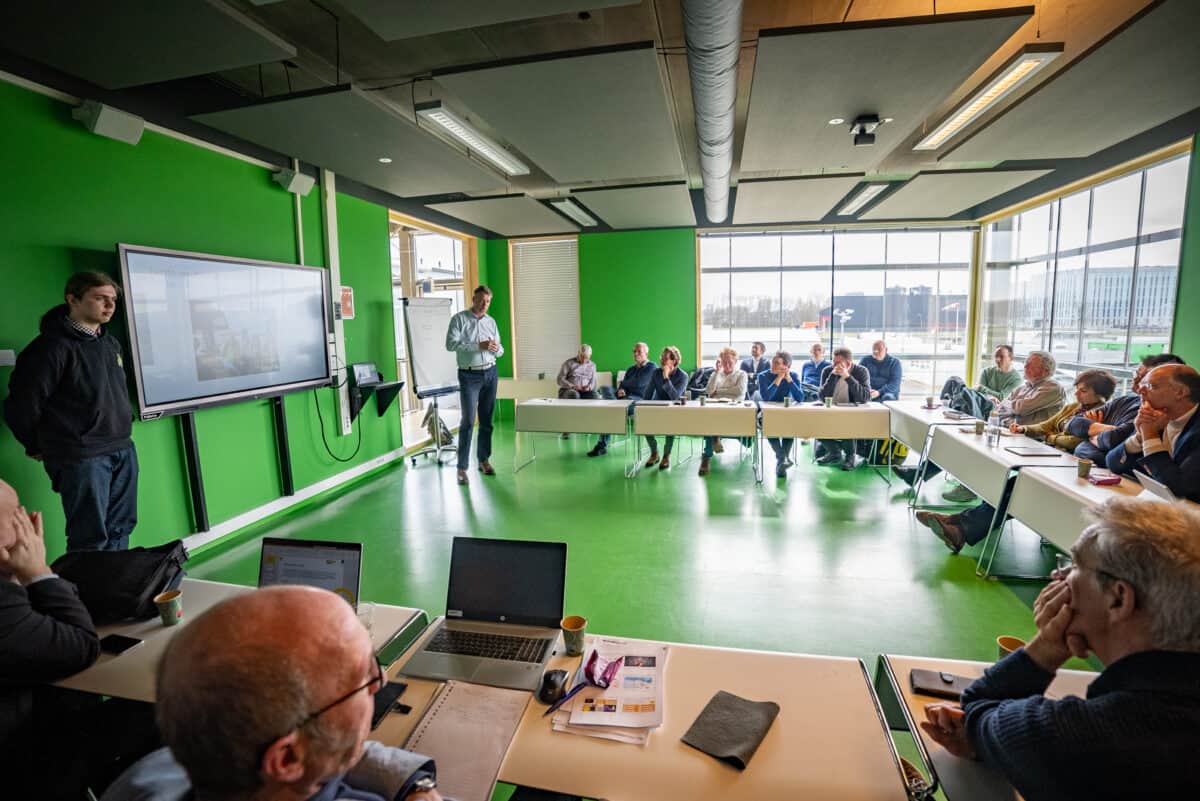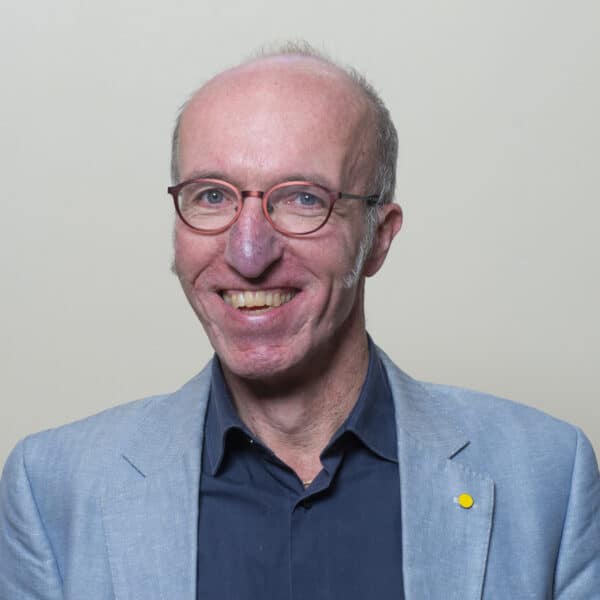H2 From pioneer to connector. Roeland Hogt, practor and member of the liaison team North, on education as the engine of the energy transition
“Companies and educational institutions are increasingly joining forces,” Hogt observes. “It is a logical consequence of the unfolding energy transition, which makes companies realise they must train their employees accordingly. Retraining and upskilling are therefore the most pressing needs, with education specifically focused on hydrogen practice.”
National cooperation
Hogt warns that enthusiasm about green hydrogen can lead to a proliferation of courses. “It is neither wise nor efficient for companies to set up their own academies. Educational development requires cooperation. We don’t want knowledge to be confined to one region or for providers to reinvent the wheel. This is where GroenvermogenNL’s Human Capital Agenda comes in. It ensures that what is developed regionally is also shared and further developed at national level. This way, we create a network that works regionally and is connected nationally.”
Make Hydrogen Work
As practor Energy Transition and Sustainable Smart Mobility at Noorderpoort vocational institute and member of the Northern liaison team, Hogt has been involved in GroenvermogenNL’s Human Capital Agenda (HCA) from the very beginning. “After a preparatory phase in which each region developed its own roadmap, learning communities were formed, and the National Hydrogen Knowledge Platform was established, we are now busy with substantive development. One example is the launch of Make Hydrogen Work, a programme for companies and professionals to acquire the required skills in an accelerated pathway through microcredentials.”

Crucial role of teachers
According to Hogt, teachers play a decisive role in the HCA programme. “They must prepare students for work in the energy transition by standing firmly in today’s reality while moving towards future challenges. Because green hydrogen is developing rapidly, we need teachers who can deal with constantly changing knowledge. My experience is that when given the space for innovation—often enabled by subsidy projects—teachers rise to the occasion. Big things happen then, as they tackle real-world questions. A good example is the municipality of Groningen, which chose to purchase hydrogen vehicles from, among others, Holthausen. At Noorderpoort, supported by the LLO Catalyst Energy Transition North Works project and in collaboration with Holthausen, we developed the appropriate training for hydrogen maintenance mechanics, which we can eventually turn into a national microcredential. That’s how it should work: let teachers develop regional education within the lifelong learning framework, and from the HCA programme we ensure optimisation of the overall educational offer.”
From innovator to innovation layer
The development of hydrogen education, both regionally and nationally, mirrors Hogt’s own path. “I started as a practor focusing on educational innovation in hydrogen and sustainable mobility. By now, ‘innovation layers’ have formed around regular education, where teachers, students, and professionals collaborate. Students learn through practice-oriented assignments with companies. Because many innovations are ready for application in practice, vocationally trained professionals are crucial for the energy transition.”
Trust, connect, and realise
And what is Hogt’s own role in the energy transition? “It has changed over the years,” he explains. “Years ago, as a university lecturer, I put students at the centre. What are their goals, what do they want to achieve? I wanted to facilitate so they could realise their ambitions. Their individual talent developed through trust and connection. Now, many years later, the role of practor suits me better: to share knowledge and experience with other professionals. ‘Together’ is the essence. Where individuals find common ground, they can grow together. I don’t call that education, but ‘co-learning’: creating together, based on equality and mutual benefit—trust, connect, realise.”

Roeland Hogt
Liaison




